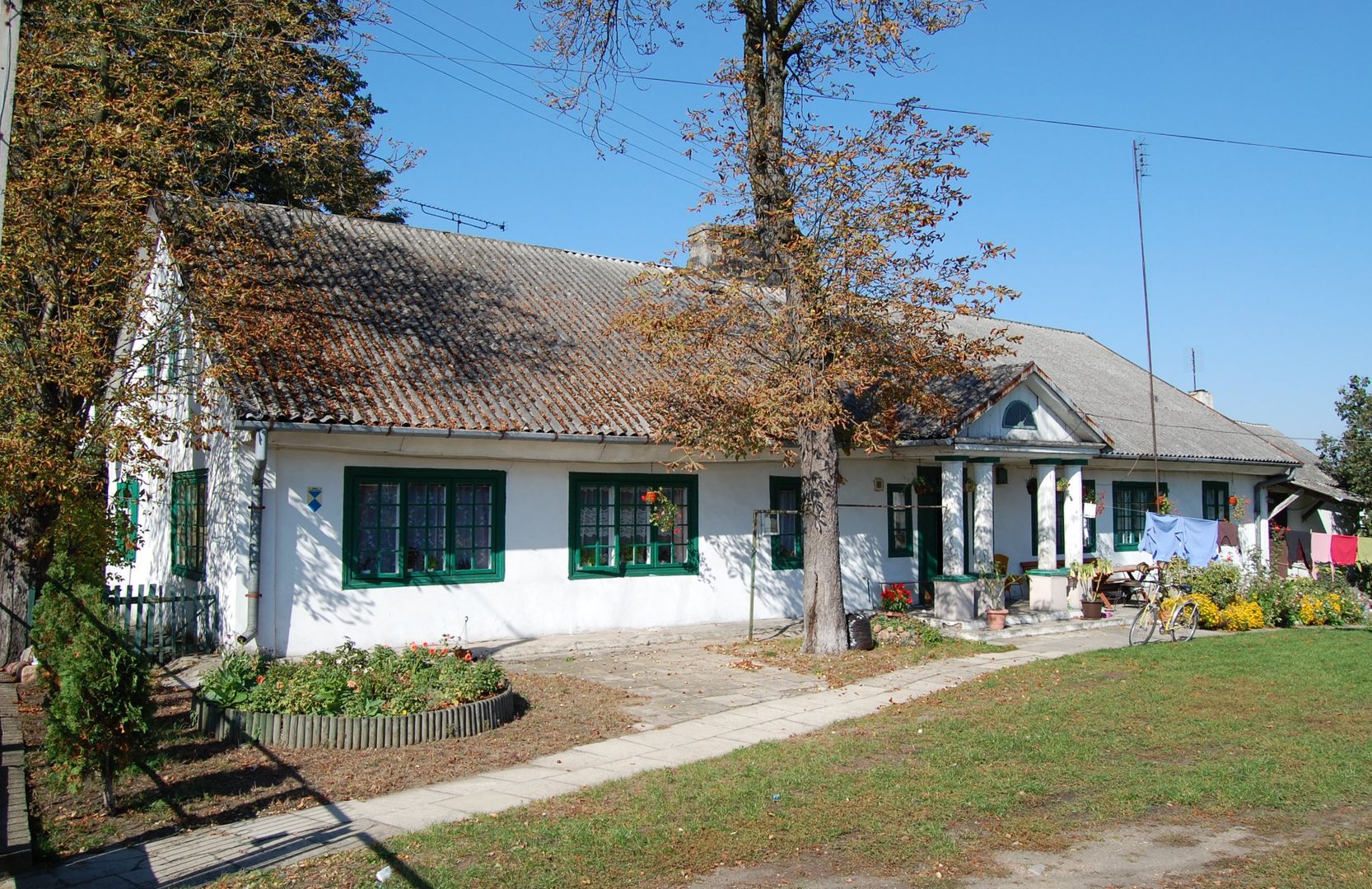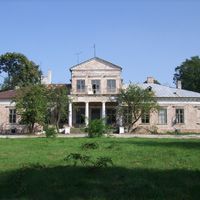Zelechow
6.88

Overview
Żelechów is a town in eastern Poland, in the Masovian Voivodeship, with a rich history spanning over seven hundred years. It was granted town rights around 1418, and since 1447, weekly markets have been held here. Until World War II, Żelechów was predominantly inhabited by Jews, which influenced its architecture. The town features several historic monuments, including a parish church from 1692–1728, which underwent a Neo-Baroque renovation, and a filial church from 1741, the oldest building in the town. Żelechów also boasts a unique market square with sides measuring 114 meters, established in the 18th century. The town's architecture reflects various styles, from Baroque to Modernism.
Żelechów serves as a local educational center with several secondary schools. The town's culture has been shaped by various events and traditions, and in the 19th century, it was home to an amateur theater that won awards at festivals. Żelechów is also a site of national memory, with monuments commemorating important events, such as the adoption of the Constitution of May 3. Modern cultural life is centered around the Municipal Cultural Center, which organizes a variety of artistic events and activities. The town also has a strong sports tradition, represented by the Sęp Żelechów club, active since 1921.
Żelechów features a new park and numerous green spaces, promoting recreation. An important aspect of local life includes the publication of weekly newspapers and magazines, as well as environmental protection efforts, such as a wastewater treatment plant. The town, diverse both architecturally and culturally, is an interesting example of small-town settlement that combines a rich past with modern solutions.
Location
You can also find here:
2026 Wizytor | All Rights Reserved
